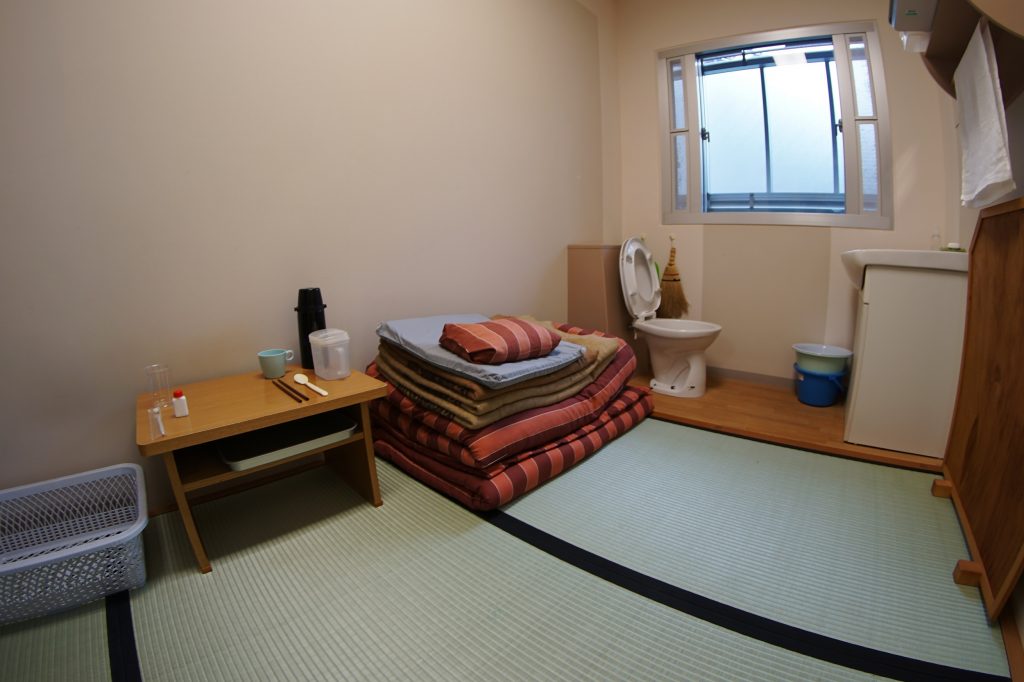
- ARAB NEWS
- 16 May 2024

Tokyo
The number of inmates and detainees at prisons, juvenile prisons and detention centers across Japan at the end of 2019 is believed to have fallen below 50,000 for the first time in 23 years, according to a Justice Ministry survey.
The number, which totaled 50,578 at the end of 2018, stood at 48,802 as of the end of October 2019.
“There are various factors, such as (changes in) the social and economic situations,” an official of the ministry's Correction Bureau said on the reasons for the downtrend, citing, among other things, a fall in the number of crimes in the country. The number of crimes recognized by law-enforcement authorities has been on a declining trend since peaking in 2002.
The number of inmates and detainees topped 80,000 in 2006, causing capacity shortages at prisons and detention centers. At present, no prisons or detention facilities have capacity shortages, with the inmate and detainee occupancy rate standing at slightly below 60 percent of overall capacity.
The Sasebo prison in Nagasaki Prefecture, southwestern Japan, was closed in March 2019 and became a detention center branch. The Kurobane prison in the eastern prefecture of Tochigi will be shut in March 2022.
On top of the aging of the facilities, a fall in the number of prisoners has been a factor behind the closures, the official said.
Meanwhile, more and more inmates are growing old. The proportion of inmates aged 60 or over rose to 19.6 percent at the end of 2018 from 10.3 percent at the end of 2002.
The number of inmates in need of support for toilet and bath use or unable to participate in group activities is on the increase, requiring more prison officers to help them.
Prisons across the country are working to make their facilities barrier-free and install handrails in bathrooms. Some have installed nursing care workers and other special employees to take care of elderly inmates and assist prison officers.
Jiji Press